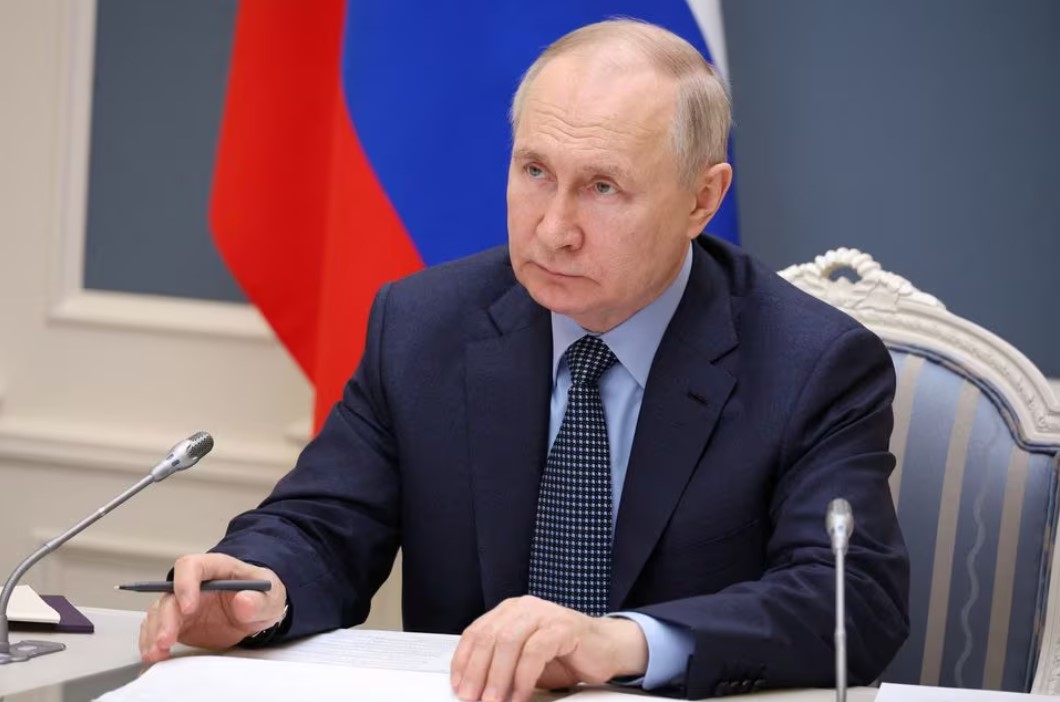In a surprising and somewhat controversial move, Russian President Vladimir Putin has called on Russian women to have eight or more children, emphasizing the importance of large families as casualties in his ongoing war against Ukraine continue to rise. Russia’s birth rate has been steadily declining since the 1990s, and the country has experienced over 300,000 casualties since the start of the Ukraine conflict. This article explores Putin’s call for increased childbirth, the reasons behind Russia’s declining birth rate, and the implications of such a directive on the nation.
The Decline in Russia’s Birthrate
Russia has been grappling with a declining birthrate for several decades, a trend that predates the dissolution of the Soviet Union. Several factors contribute to this demographic challenge. Economic instability, stringent abortion regulations, and social factors have all acted as deterrents to potential parents.
Economic instability has been a significant contributor to Russia’s declining birthrate. The country has experienced periods of economic turmoil, including the financial crisis of 1998 and the more recent economic slowdown due to Western sanctions following Russia’s actions in Ukraine. These uncertainties have made many Russians hesitant to expand their families, as they fear the financial burdens associated with raising children in an unstable environment.
Stringent abortion regulations in Russia have also played a role in limiting birth rates. The country has implemented strict laws governing abortion, which have made it more challenging for women to access safe and legal procedures. This has led to a decline in the number of women willing to bear children, as they face significant hurdles if they wish to terminate a pregnancy.
Additionally, societal factors such as changing gender roles and the pursuit of careers have shifted priorities for many Russian couples. In a modernizing society, women increasingly delay starting a family as they seek to establish themselves in their professions. This trend has contributed to later marriages and fewer children per family.
Putin’s Call for Large Families
President Vladimir Putin’s recent call for Russian women to have eight or more children is seen as a response to the nation’s ongoing demographic crisis. In a speech delivered via video link at the World Russian People’s Council in Moscow, Putin emphasized that increasing the Russian population would be a long-term goal for the country. He called for a return to the tradition of large families, highlighting that Russian grandmothers and great-grandmothers often had seven or eight children.
Putin’s call for large families was delivered at a conference led by Patriarch Kirill, the head of Russia’s Orthodox Church, and attended by representatives of various traditional religious organizations in Russia. The theme of the conference was “The Present and Future of the Russian World,” suggesting a desire to align demographic goals with religious and cultural values.
It’s worth noting that despite his call for large families, Putin himself has only publicly acknowledged two children – his daughters Maria Vorontsova and Katerina Tikhonova with his former wife, Lyudmila. Nevertheless, rumors have persisted in the Russian press about his alleged multiple offspring from affairs with Svetlana Krivonogikh and Alina Kabaeva.
Implications of Putin’s Directive
While Putin’s call for large families is framed as a response to Russia’s demographic challenges, it raises several important questions and concerns. First and foremost is the practicality of such a directive. Encouraging women to have eight or more children is a significant ask, particularly in a society where economic stability and the cost of raising children are real concerns for many families.
Moreover, the directive does not directly address the scale of casualties suffered by Russian troops in the ongoing Ukraine conflict. The war, now entering its second winter, has led to significant losses among Russian soldiers, forcing Putin to order partial conscription and mobilize reservists. Reports from the UK’s Ministry of Defence suggest that the number of dead Russian soldiers in Ukraine may have exceeded 300,000, with thousands of bodies abandoned on the battlefield.
The war has also triggered an exodus of Russian citizens, with an estimated 820,000 to 920,000 people fleeing the country, according to the independent policy group Re:Russia. This mass emigration has contributed to a severe workforce shortage and a growing economic slowdown, exacerbated by sanctions imposed by Western nations.
In conclusion,
Putin’s call for Russian women to have eight or more children comes at a time when the country is facing significant demographic, economic, and geopolitical challenges. While the intention behind this directive may be to address Russia’s declining birthrate, it raises complex issues related to practicality, societal norms, and the ongoing Ukraine conflict’s toll on the nation. It remains to be seen whether such a directive can reverse the demographic trends and address the broader issues facing Russia in the coming decades.













































